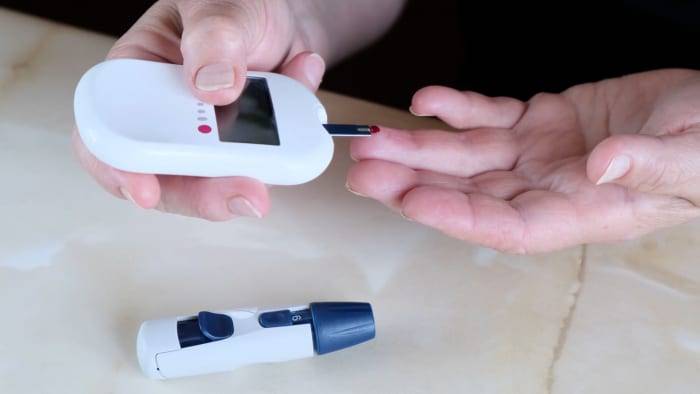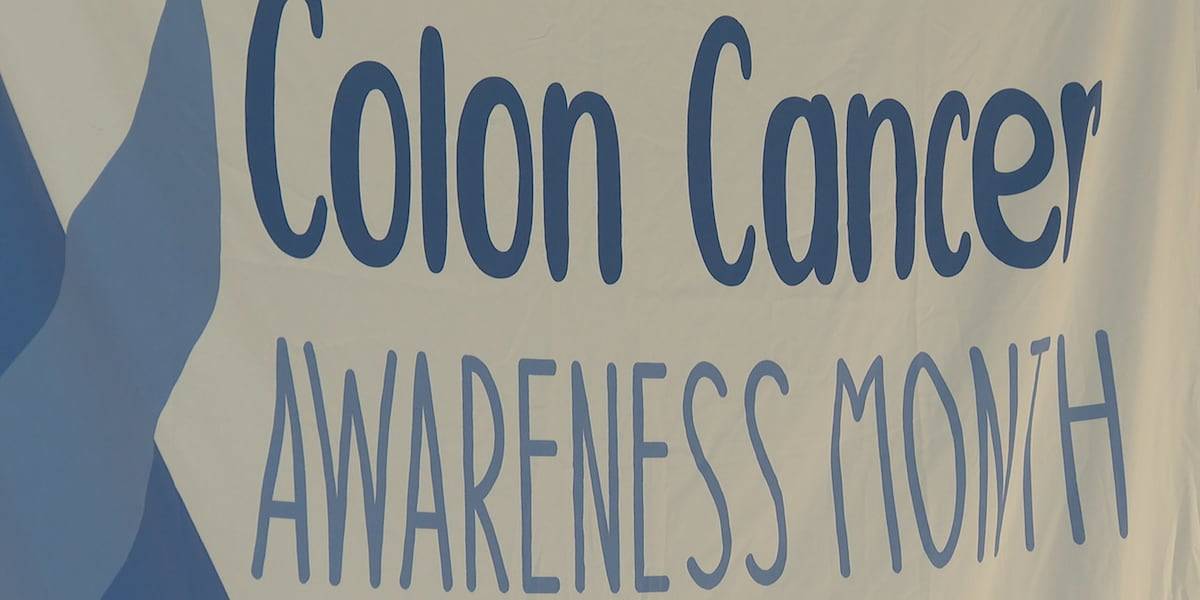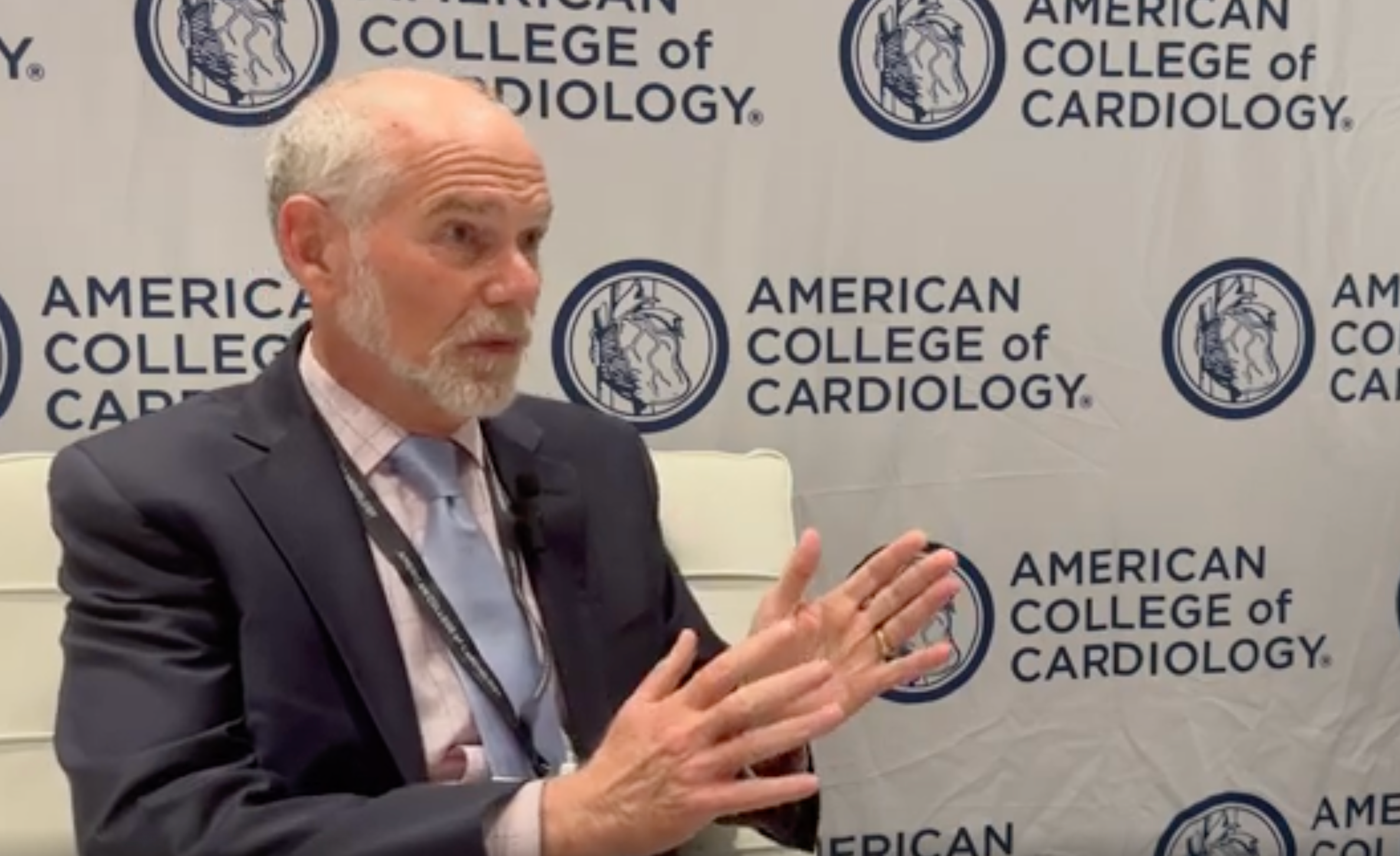Rising Colorectal Cancer in Young Adults: Could Diet Be a Culprit?
Jane sat in the crowded cancer support group, her mind racing with questions. Diagnosed with early-onset colorectal cancer at just 35, she couldn’t shake the thought—had her diet played a role? The uncertainty gnawed at her. She had always assumed cancer was a concern for older adults, yet here she was, facing a reality that more young people seemed to be encountering.
The Growing Concern of Colorectal Cancer in Young Adults
Colorectal cancer (CRC) is rising in younger adults, and growing research suggests diet may be a key factor. Studies indicate that consuming large amounts of red and processed meats while skimping on fiber significantly raises CRC risk. Nitrates in processed meats can trigger inflammation and damage DNA, heightening the chance of malignancy. A diet high in refined sugars and low in nutrients like calcium, fiber, and vitamin D may further exacerbate the problem.
How Diet Influences Colorectal Cancer Risk
Health experts advocate for a Mediterranean-style diet to help protect against CRC. A diet rich in fruits, vegetables, whole grains, and healthy fats supports gut health and reduces inflammation. Fiber, in particular, fosters the production of beneficial short-chain fatty acids, which help maintain a healthy colon environment. Calcium from dairy products has also been associated with a reduced CRC risk, though the evidence for certain sources, like cheese, remains inconclusive.
The Role of Lifestyle in Cancer Prevention
Beyond diet, lifestyle choices play a crucial role in cancer prevention. Physical inactivity has been linked to an increased risk of CRC, partly due to its association with obesity and insulin resistance, both factors that can fuel cancer growth. Exercise doesn’t just help with weight management—it also regulates hormone levels and reduces inflammation, creating an environment less conducive to cancer development.
Reevaluating Daily Habits for Better Health
Jane’s diagnosis prompted her to rethink her daily habits. Had she unknowingly increased her risk with years of processed foods and a sedentary lifestyle? She wasn’t alone in asking these questions. As the incidence of colorectal cancer continues to rise in younger populations, understanding the link between diet, lifestyle, and disease may be more urgent than ever.
Looking Ahead: Can Change Alter the Trend?
The conversation around CRC prevention is evolving, pushing health professionals and the public to reconsider what’s on their plates and how they live their lives. Could small, sustained changes in diet and activity levels alter the course of this alarming trend? The answer may lie not just in medical advancements, but in the choices made at every meal and every movement taken toward a healthier future.
For more on health trends and medical insights, visit Epochedge Health. Stay informed with the latest news here. Explore deeper perspectives and expert analysis at Epochedge.










